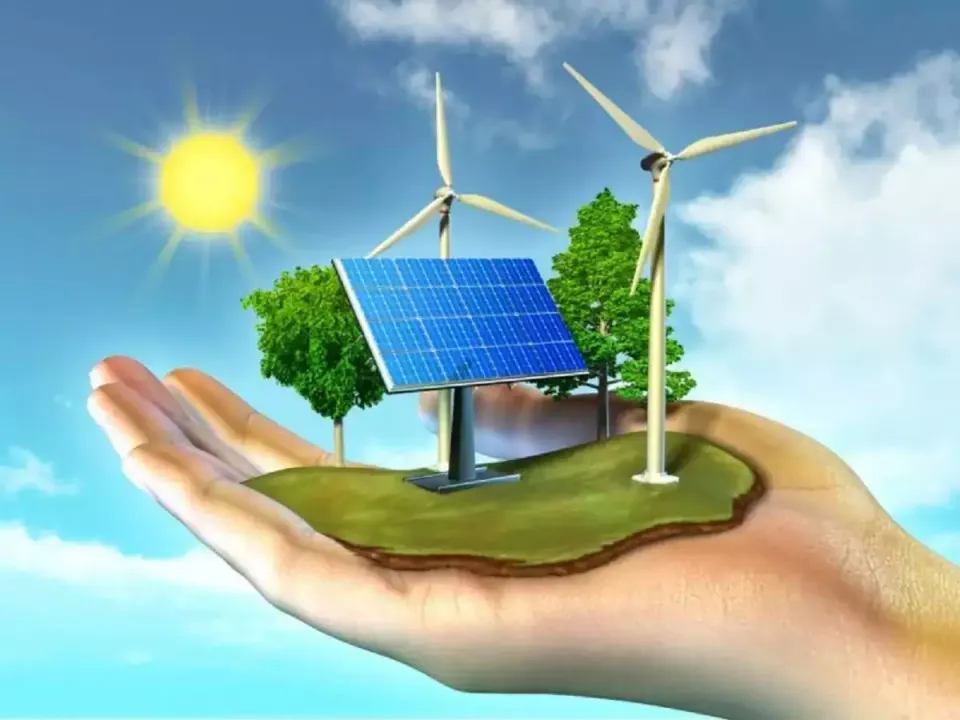Climate change continues to pose significant challenges worldwide, affecting livelihoods, ecosystems, and the stability of communities. Among these challenges is climate-induced displacement, which forces millions to abandon their homes due to environmental shifts. As global temperatures rise and natural disasters multiply, displacement is becoming an undeniable reality for many. However, clean energy presents a beacon of hope in this scenario, playing a vital role in reducing the impacts of climate change and securing communities against the threat of displacement.
Understanding Climate-Induced Displacement
Climate-induced displacement refers to the forced relocation of individuals and communities attributable to sudden or gradual environmental changes, such as rising sea levels, extreme weather events, and resource scarcity caused by climate change. These conditions lead to the loss of habitable land, threaten food security, and stress water resources, fostering uninhabitable environments that compel people to seek new homes. Addressing this issue requires comprehensive solutions that tackle the root causes of climate change, with clean energy interventions being a critical part of the response. Clean energy initiatives Nigeria? Exploring how countries like Nigeria implement clean energy solutions may offer valuable insights into mitigating displacement risks.
The Role of Clean Energy in Mitigating Climate Change
Clean energy, encompassing sources such as wind, solar, hydroelectric, and geothermal power, has the potential to drastically reduce greenhouse gas emissions, which are the leading cause of climate change. Countries can reduce their carbon footprints by transitioning to clean energy, slowing down global warming and mitigating its severe impacts. This shift supports environmental preservation and fosters sustainable development and economic growth. Clean energy incentives and collaborations between governments, private sectors, and international organizations can create a ripple effect, significantly reducing dependency on fossil fuels while encouraging innovation in energy efficiency. This shared commitment can stabilize global temperatures, decreasing the likelihood of climate-induced displacement and strengthening vulnerable communities.
Impact of Clean Energy on Communities
The adoption of clean energy offers multiple benefits to communities, particularly those in areas prone to climate-induced displacement. Firstly, opting for renewable energy resources can ensure a stable and sustainable power supply, which is critical for economic activities and daily life. Clean energy infrastructure, such as solar panels and wind turbines, can operate autonomously and support off-grid localities, reducing the risk of power outages. This improves resilience against natural disasters by providing consistent energy access, which is vital for water purification systems, communication networks, and emergency services. Furthermore, clean energy solutions can create employment opportunities by stimulating green industries, enhancing livelihoods, and addressing socio-economic inequalities often aggravated by climate change.
Innovative Clean Energy Technologies
As the world enters an era of technological advancement, innovative clean energy technologies are pivotal in combating climate change and displacement. Breakthroughs such as advanced solar photovoltaic systems, energy storage solutions, and smart grid technology are revolutionizing the energy sector, providing more efficient and cost-effective clean energy solutions. Technologies like battery storage allow energy to be saved for later use, maximizing the utility of renewable sources and providing reliable energy even when the sun isn’t shining or the wind isn’t blowing. Meanwhile, smart grids enhance energy efficiency by optimizing electricity distribution and enabling real-time management and monitoring. Such innovative technologies can empower communities, making them resilient and adaptable to environmental changes, thereby reducing the factors that lead to displacement.
Policy Frameworks Supporting Clean Energy
Policy frameworks play an indispensable role in promoting and supporting clean energy transitions. By implementing strategic policies, governments can create an enabling environment that fosters investment in renewable energy and supports sustainable practices. Subsidies, tax incentives, and grants can incentivize businesses and individuals to adopt clean energy technologies, accelerating the shift away from fossil fuels. International cooperation is also critical for advancing clean energy initiatives, as collaborative frameworks allow for shared resources, knowledge, and technologies. By aligning policies with global climate action goals, countries can work together to address climate-induced displacement more effectively, providing support and resources to those in need while promoting a future grounded in renewable energy.
Conclusion
In sum, clean energy emerges as a powerful agent in counteracting climate-induced displacement, offering sustainable solutions that address the root causes of climate change and bolster community resilience. Transitioning from fossil fuels to renewable energy sources is crucial in mitigating environmental challenges, stabilizing economies, and securing a sustainable future for vulnerable populations. By embracing clean energy technologies and implementing robust policy frameworks, governments and communities can mitigate the impacts of climate change, reduce the risk of displacement, and pave the way for thriving, resilient societies. Such collective efforts promise to protect the planet for future generations, ensuring that no community is left behind in the fight against climate change.

